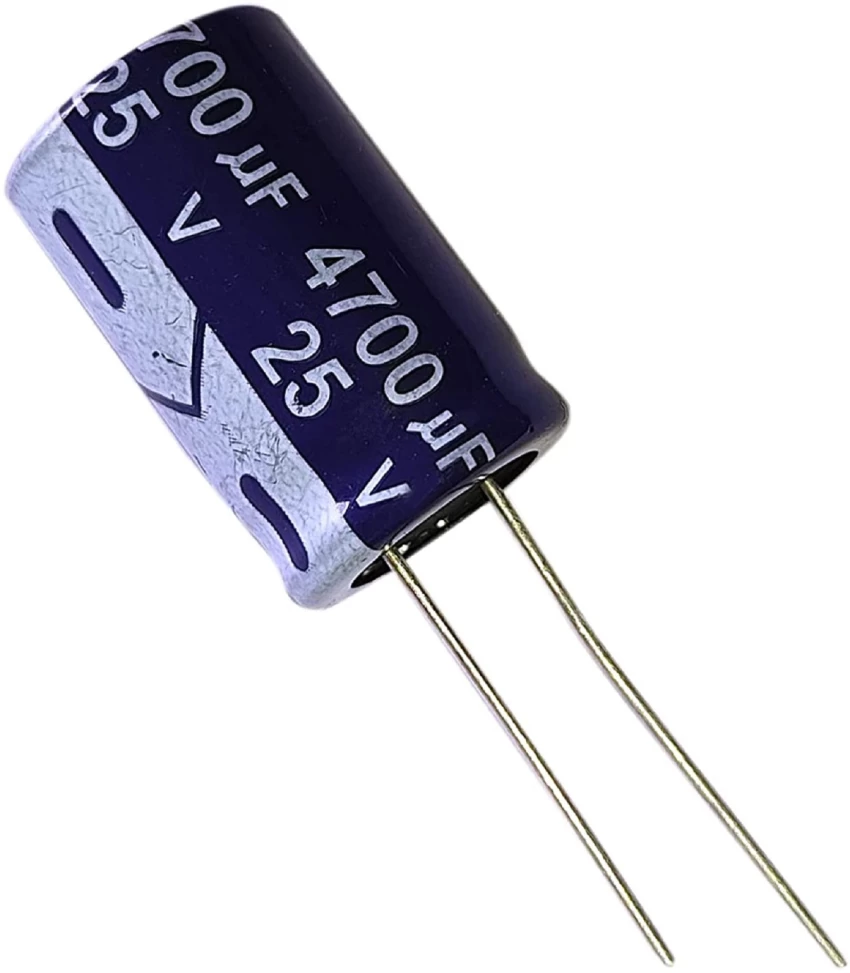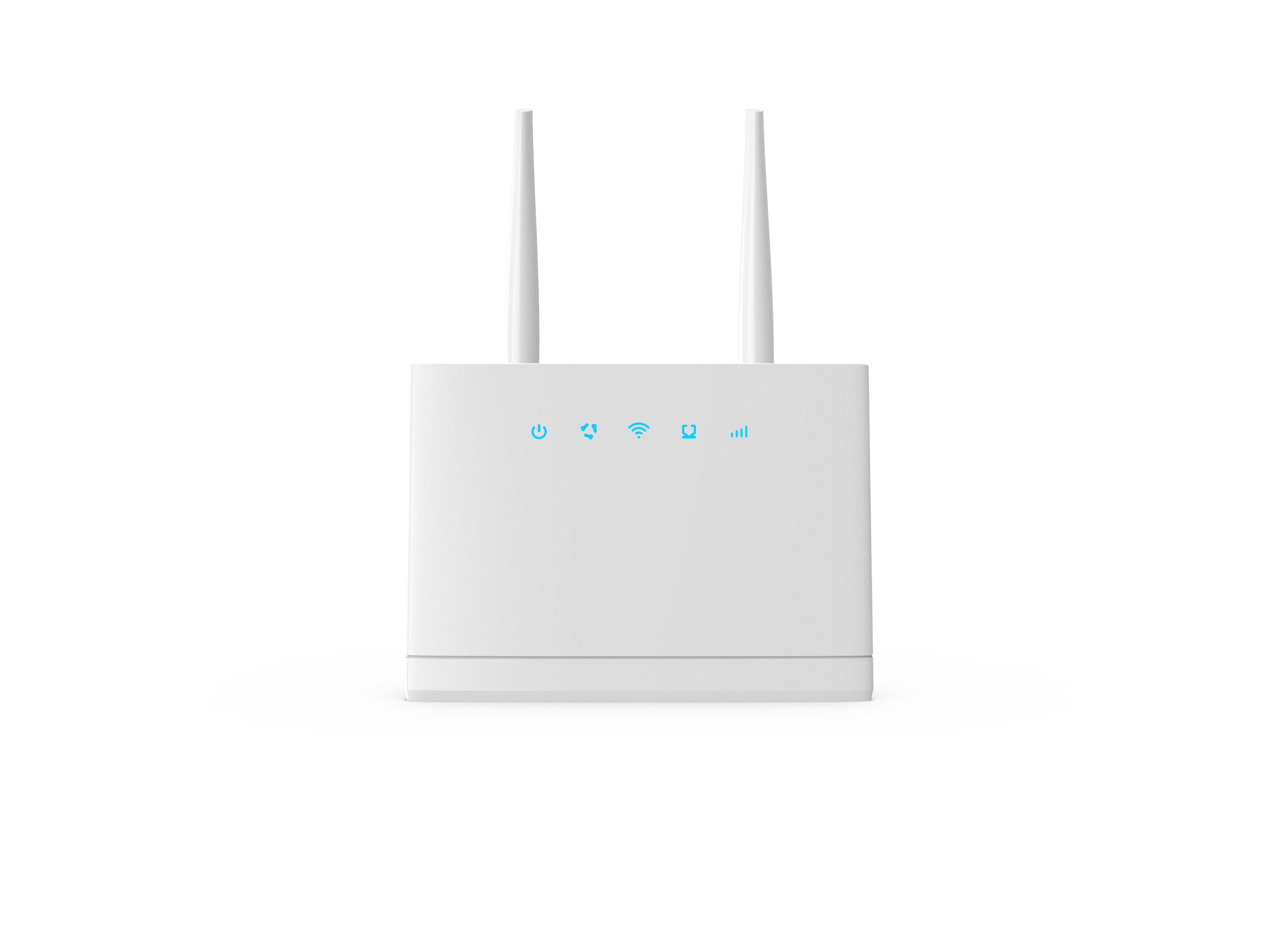Unveiling the Mystery: The Significance of Open Capacitors in DC Circuits

In the realm of electrical engineering, capacitors play a vital role in various applications, from power supply circuits to signal filtering. While capacitors are commonly used in both AC (alternating current) and DC (direct current) circuits, it may seem counterintuitive to encounter an open capacitor in a DC circuit. In this blog post, we will delve into the reasons behind this phenomenon and explore the practical implications of open capacitors in DC circuits.
- Capacitor Basics:
Before we dive into the topic, let's briefly recap the fundamentals of capacitors. A capacitor is an electronic component that stores and releases electrical energy. It consists of two conductive plates separated by a dielectric material. When a voltage is applied across the plates, an electric field is established, resulting in the accumulation of charge on each plate. - The Role of Capacitors in DC Circuits:
In DC circuits, capacitors are primarily used for energy storage, voltage regulation, and transient suppression. They can smooth out voltage fluctuations, filter out noise, and provide a temporary power source during voltage drops. However, it is important to note that capacitors in DC circuits do not conduct a continuous current flow like resistors or wires. - Open Capacitors in DC Circuits:
Now, let's address the intriguing question: why would a capacitor be open in a DC circuit? The answer lies in the behavior of capacitors when subjected to a steady DC voltage. Unlike in AC circuits, where capacitors continuously charge and discharge, in DC circuits, capacitors reach a state of equilibrium after a certain period. Once the capacitor is fully charged, it acts as an open circuit, preventing any further current flow. - Practical Applications:
Although open capacitors may seem counterproductive in DC circuits, they have practical applications. One such application is in timing circuits, where capacitors are used in conjunction with resistors to create precise time delays. By utilizing the charging and discharging characteristics of capacitors, engineers can design circuits that activate or deactivate specific components at predetermined intervals. - Capacitor Failure and Safety Considerations:
While open capacitors are intentional in certain applications, it is essential to address the possibility of capacitor failure. Over time, capacitors can degrade, leading to increased leakage current or even a complete breakdown. In such cases, it is crucial to follow safety protocols and replace faulty capacitors promptly to prevent potential hazards.
Conclusion:
In conclusion, open capacitors in DC circuits serve a specific purpose and are not a result of malfunction. Understanding the behavior of capacitors in different circuit configurations is crucial for engineers and enthusiasts alike. By harnessing the unique characteristics of capacitors, we can optimize circuit performance, achieve precise timing, and ensure the reliability of electronic systems.


